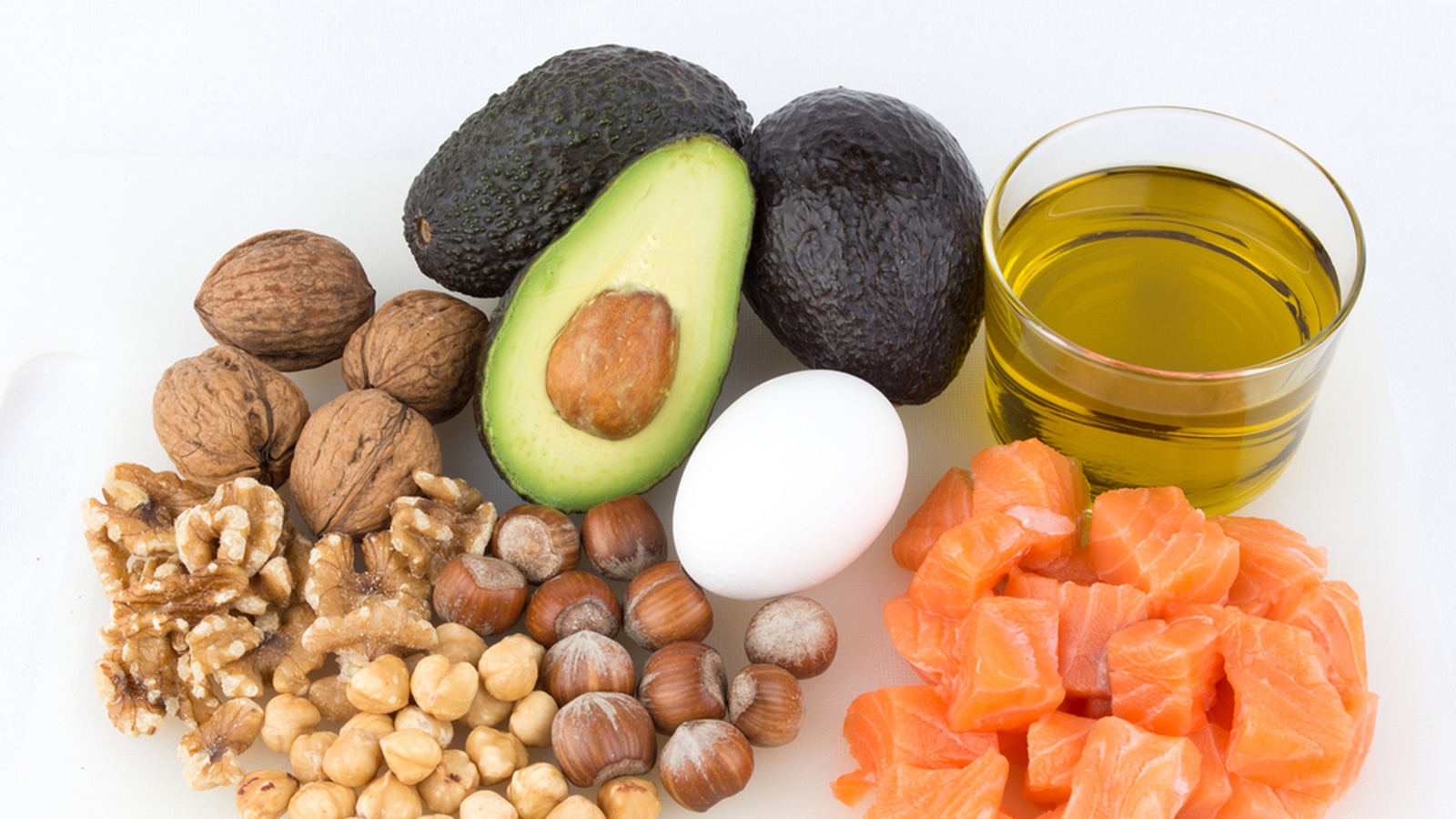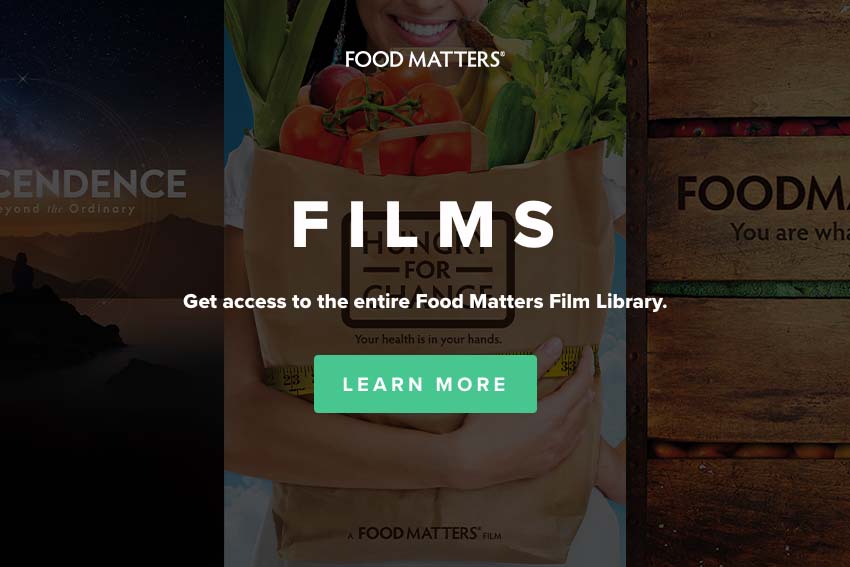Not All Calories Are Created Equal
How many of us have been told that if we burn more calories than we eat, weight loss will be inevitable? How many of us have discovered that this century-old philosophy does not seem to apply to our body no matter how hard we work, in this modern world?
But this is often when the confusion sets in; weight loss or weight maintenance is meant to be simple right? It’s defined by calories in vs. calories out, so as long as you abide by this you will experience results? But that doesn’t appear to be happening in your case, cue “I must be doing something wrong, ok, I’ll exercise even more and I’ll eat fewer calories than I already am, that should work!” Unfortunately, more often than not it doesn’t.
This fundamental of nutrition has well and truly been questioned and we are seeing more evidence supporting that not all calories are equal. But how is that possible? Our bodies react very differently with calories from different sources, they may go through similar digestive processes but the biochemical reactions they trigger can be completely different. To put this into context let's compare how 1000 calories from a fizzy drink are metabolized in the body vs. 1000 calories from broccoli.
When you consume a fizzy drink your body quickly absorbs the fibre-less sugars, the glucose spikes your blood sugar, which stimulates insulin and subsequently signals to your body to store body fat, inflammation is increased, triglycerides are raised (essentially fat in your blood), and Leptin, one of the hormones involved in appetite regulation, is blocked. Leptin is responsible for signaling to your brain that you’re full, if the brain doesn’t get told it’s full you continue to eat and often on low fat, high carbohydrate diets experience the feeling of “never being full.”
On the contrary if you were to consume 1000 calories from broccoli – a high fibre option that barely registers an effect on your blood glucose, you don’t trigger the same biochemical reaction at all. Firstly, you wouldn’t even be able to consume 1000 calories from broccoli as that would be close to 21 cups – leptin would kick in and let you know you’ve had enough and you would experience the feeling of being full. And incredibly nourished (I just love broccoli!)
I have witnessed this for many years in clinical practice. When my patients stop counting calories and focus on nourishing their body by eating real food, good fats and plenty of vegetables – they have a rapid improvement in their overall well-being but they also feel satisfied. It changes their relationship with food completely. Often they end up eating more calories than they could ever imagine and yet the weight starts to fall off, and often for the first time in years.
The difference in the way our bodies metabolize calories is demonstrated quite brilliantly in the recently released ‘That sugar film.’ The film follows Damon Gameau, an Australian man who has eaten a real food diet for at least the last 3 years, with minimal to no refined sugar. He essentially decides to go back on a low fat, high carbohydrate diet to demonstrate how much sugar people are consuming on a daily basis, particularly without really knowing. It quite dramatically shows the demise of his general well being and on the same or fewer calories than he was previously consuming (around 2300 calories) he started to quite dramatically gain weight, particularly around his middle which as we know is the most dangerous for our health. Some naturally high fat (and, therefore, high calorie) foods are some of the most healthful we can eat in terms of promoting weight loss and reducing our risk of diabetes or heart disease, avocados are a great example, a high-calorie food full of helpful good fats.
Focus on eating more real foods, avoid processed and packaged food and look at the food as a whole not just for it’s calorific value. Consider the other health-promoting components the food contains, the vitamins, minerals and antioxidants as well – as these are absolutely essential to our health and well-being. An avocado doesn’t come with a nutritional label, so when you move towards consuming more plant foods you naturally stop counting calories.








